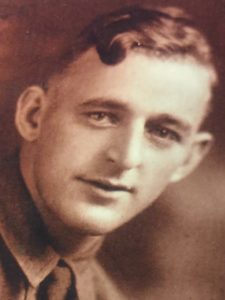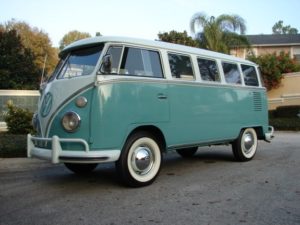The man my Dad had challenged to a fight — I don’t know his name, I’ll call him The Fighter — was a semi-professional.

Both men were in the Army and Dad was, in effect, his promoter, lining up fights, placing wagers, and collecting when The Fighter won, as he almost always did.
One evening, going somewhere on a train, The Fighter said something ugly about a woman my father was escorting. That was the kind of thing he could not, would not, tolerate.
When the train rolled to a stop Dad saw a pipe on the embankment beside the tracks and he told The Fighter, Let’s settle this right now, or words to that effect. The pipe would give my Dad a distinct advantage — when he had no chance in a fair fight, he didn’t fight fair.
They got off the train and The Fighter began taking off his Army jacket. Dad walked over to the embankment and grabbed hold of the pipe with which he intended to teach The Fighter a lesson he would not soon forget.
To his dismay, however, the pipe wasn’t lying on the ground, it was sticking out of the ground, and he couldn’t pull it free.
Dad said he spent several days in a hospital, recovering from the beating he took.
Coming Friday: The Love Of My Life

